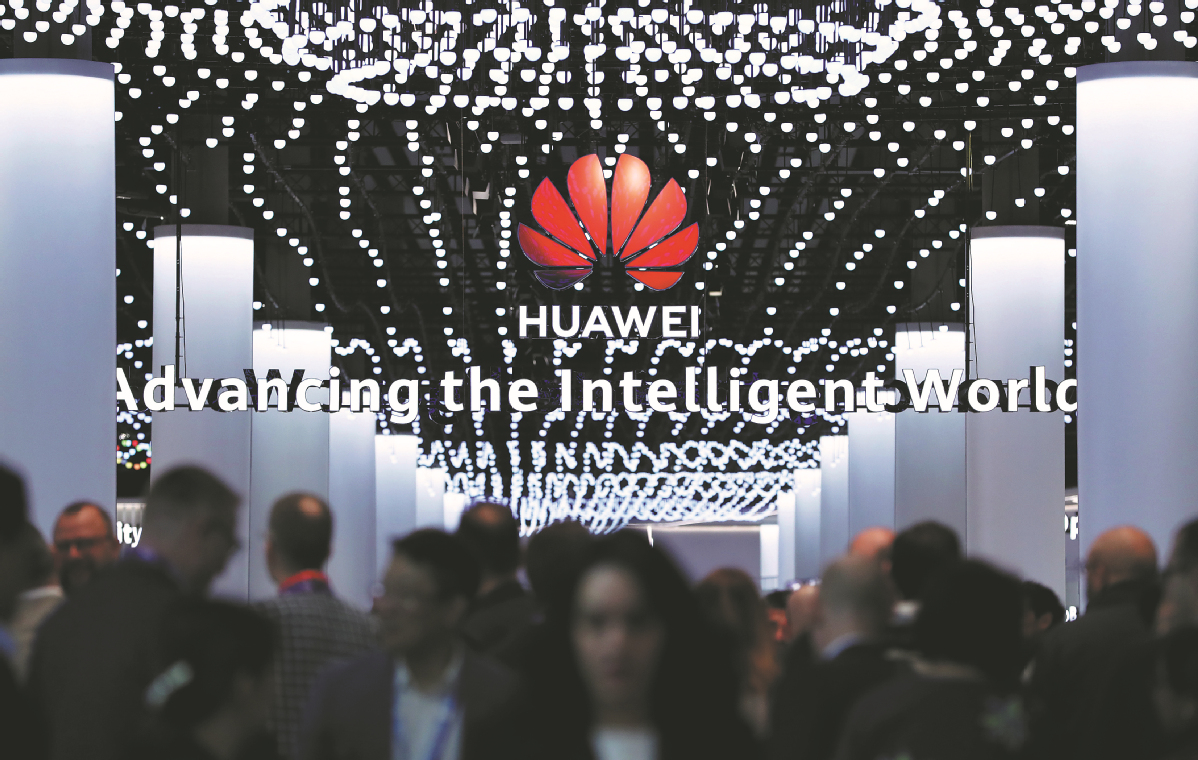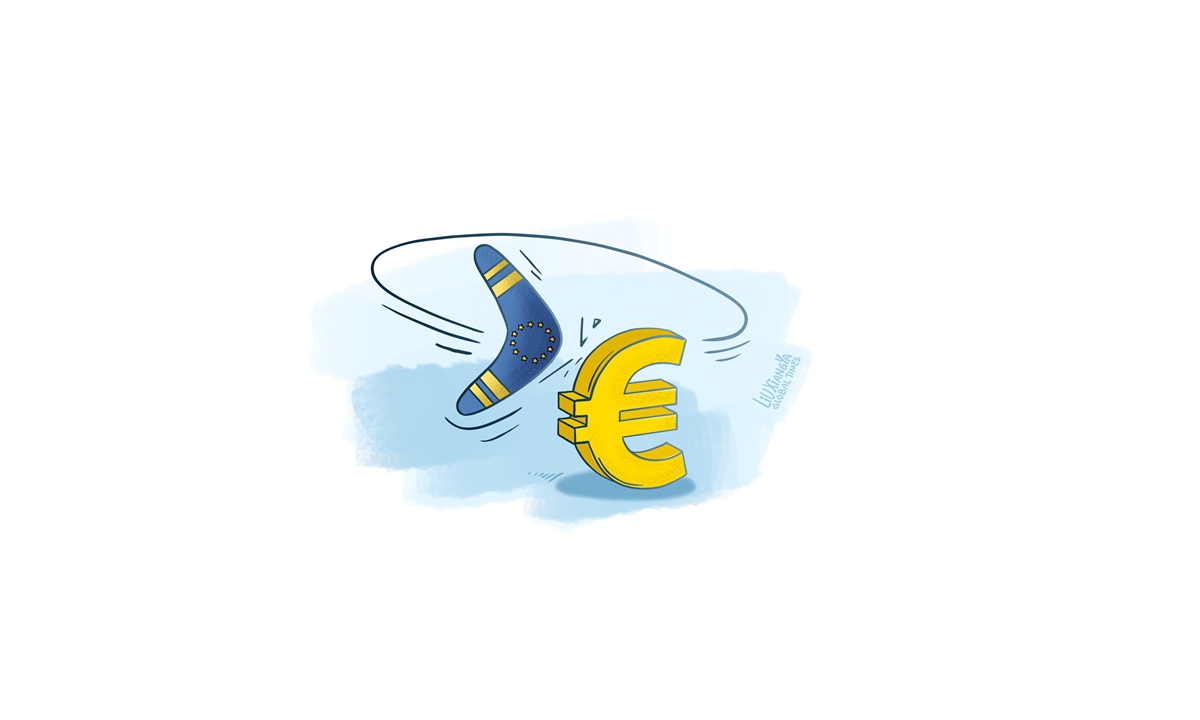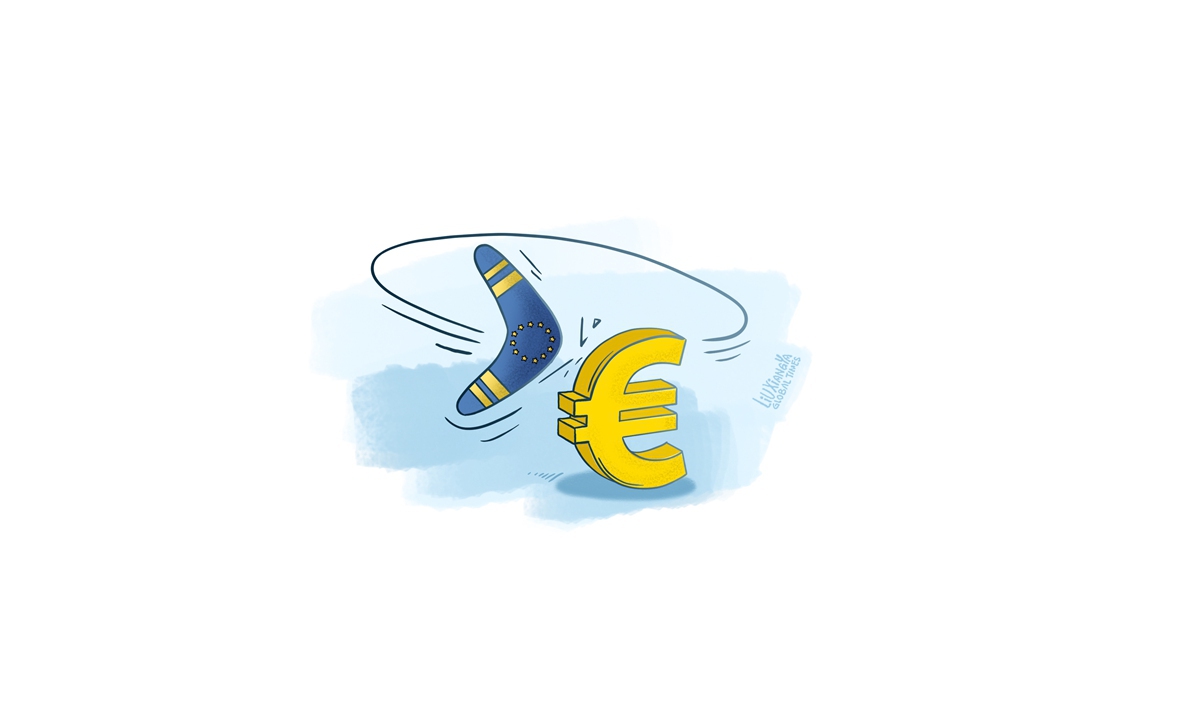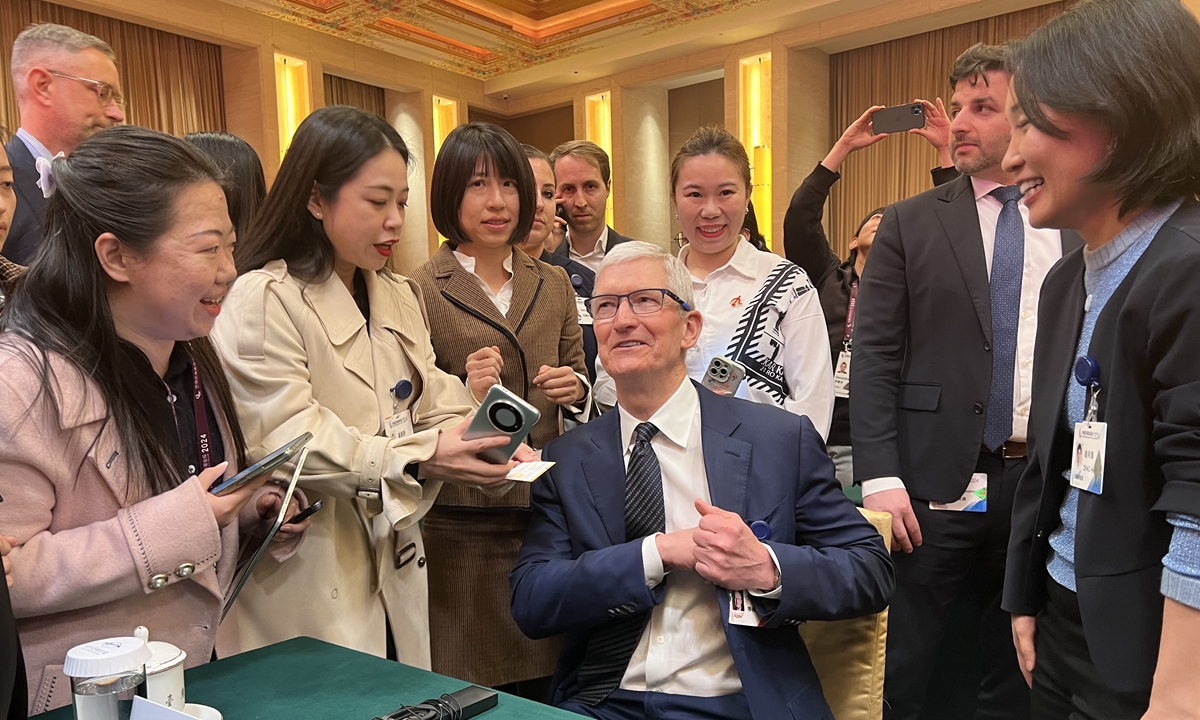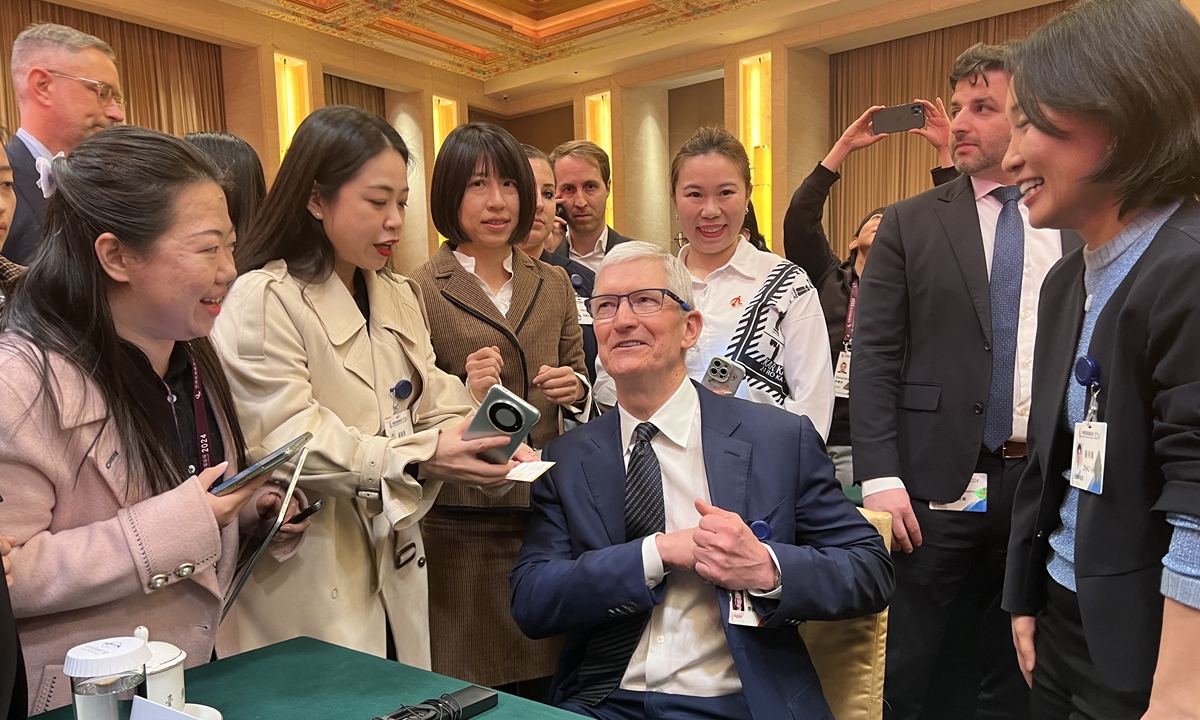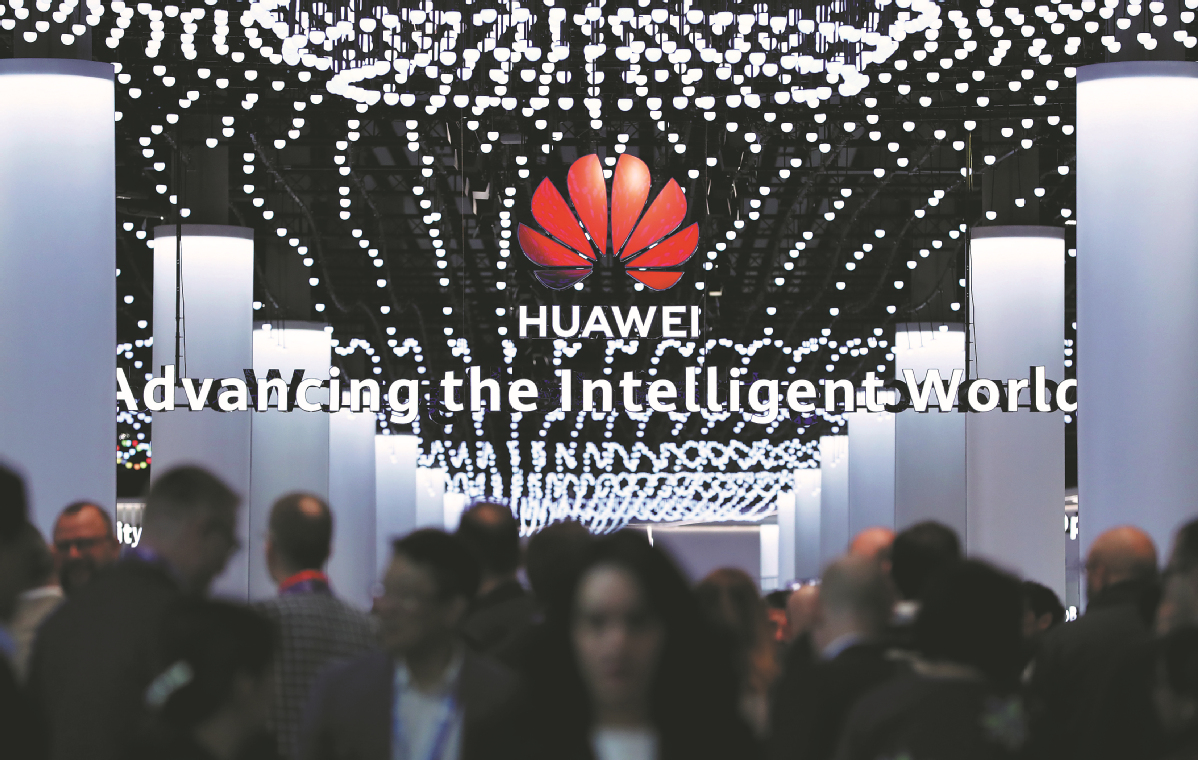 A view of the booth of Huawei at the 2024 Mobile World Congress Barcelona in Spain earlier this year. GAO JING/XINHUA
A view of the booth of Huawei at the 2024 Mobile World Congress Barcelona in Spain earlier this year. GAO JING/XINHUA
In 2014, a group of experts in smart manufacturing, each of them boasting around 15 years of work experience, gathered in a three-bedroom apartment in Beijing and decided to start up with Beijing Roborock Technology Co Ltd. What was extraordinary was their clear and simple ambition: to develop the world’s best robotic vacuum cleaner.
Ten years on, their dream has come true. Roborock is a leading player in its sector and, in terms of global sales in 2023, the top-selling brand among smart vacuum cleaners worldwide, according to Euromonitor International, a market research firm.
Its products are available in more than 170 countries and regions, with nearly half of its revenue coming from overseas markets.
Quan Gang, president of Roborock, summed up the success story.”From day one, our eyes were set on the global market. From the very beginning, we have sought to meet the demands of global users. Our product design, production and marketing efforts have been tailored to meet their demands from the outset.”
That helped the startup to remain flexible and nimble while preserving its unique technology. Corporate executives and experts said Roborock is the epitome of new-age Chinese enterprises that see the world as their oyster right from day one.
Such companies are quick to recognize that growing globally competitive brands in their respective segments is critical to success these days. They rely on both China’s manufacturing prowess and their own strengths in research and development.
What distinguishes them from the previous generation of globally known Chinese enterprises is their global vision and clarity on goals. While the previous lot went global only when they had grown big enough in the domestic market, the new bunch target the global market from the very beginning, experts said.
Huang Chenhong, president of German software and cloud giant SAP Greater China, who has witnessed the transformation of Chinese companies in their global expansion over the past three decades, said, “Despite challenges such as lackluster global demand and geopolitical uncertainties, Chinese companies have not slowed down their pace of going global.”
Data from China’s Ministry of Commerce prove his point. Chinese enterprises’ outbound direct investment grew 5.7 percent year-on-year last year to exceed 1.04 trillion yuan ($143.7 billion), highlighting their continued expansion overseas.
“I think globalization is now entering a new stage. Globalization today involves more Chinese companies expanding their business overseas,” Huang said. “We can see many enterprises, whether State-owned, private or even small and medium-sized enterprises, have 30 to 50 percent of their business overseas. Some companies are even born to serve overseas markets and have never considered doing business domestically.”
Chinese companies have attained a stage of technological innovation where they are starting to embody the spirit of multinational corporations.
“In the past, when we talked about MNCs, we thought of German or American companies. Today, Chinese companies come to mind naturally,” Huang said, adding that SAP has helped many Chinese companies such as Lenovo, BYD and Mindray navigate the international waters over the past three decades.
